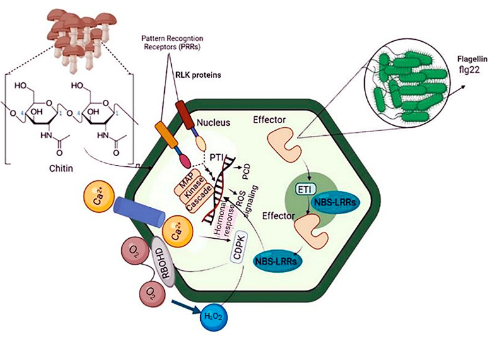Negotiation is a critical skill for healthcare providers, influencing everything from reimbursement rates to patient care protocols. Successful negotiations can enhance operational efficiency, improve patient outcomes, and strengthen financial viability. Here, we explore effective strategies that healthcare providers can employ to navigate negotiations with payers, suppliers, and other stakeholders.
Understanding Your Position
Before entering negotiations, it’s essential to thoroughly understand your organization’s strengths, weaknesses, and priorities. Analyze your financial data, patient demographics, and service offerings to identify areas of leverage. For instance, high patient satisfaction scores or specialized medical services can strengthen your bargaining position.
Prepare Thoroughly
Preparation is key to successful negotiations. Gather relevant data such as industry benchmarks, reimbursement rates from comparable organizations, and market trends. This information provides a factual basis for your negotiation points and helps anticipate counterarguments from the other party.
Define Clear Objectives
Establish clear and measurable objectives for the negotiation. Whether you’re negotiating reimbursement rates with insurers or pricing with suppliers, define what constitutes success for your organization. For example, aim for a specific percentage increase in reimbursement rates or a reduction in supply costs without compromising quality.
Build Relationships
Effective negotiations often hinge on relationships built on trust and mutual respect. Establish open lines of communication with stakeholders well before negotiations begin. Understand their perspectives and concerns to find mutually beneficial solutions. Building trust can lead to more flexible negotiations and collaborative problem-solving.
Focus on Value
Demonstrate the value your organization provides to stakeholders. Highlight clinical outcomes, patient satisfaction metrics, and cost-efficiency measures. Emphasize how your services contribute to improved patient care and overall healthcare outcomes. Showing value strengthens your negotiation position and justifies your requested terms.
Explore Win-Win Solutions
Strive for win-win solutions that benefit all parties involved. Collaborative negotiations are more likely to result in long-term partnerships and positive outcomes. Look for creative solutions that address the needs and priorities of both your organization and the other party. For instance, consider value-based reimbursement models that incentivize quality of care over volume.
Remain Flexible
While it’s crucial to have clear objectives, flexibility is also essential in negotiations. Be prepared to adjust your strategies and explore alternative solutions as discussions progress. Flexibility demonstrates your willingness to find common ground and reach mutually beneficial agreements.
Follow Up
Negotiations don’t end with a signed contract. Follow up regularly to ensure both parties are meeting their commitments. Monitor performance against agreed-upon metrics and address any issues promptly. Effective communication and ongoing relationship management are critical to sustaining successful negotiation outcomes.
Case Study: Negotiating Reimbursement Rates
Let’s illustrate these strategies with a hypothetical example of negotiating reimbursement rates with a health insurance provider:
Scenario: A healthcare provider wants to negotiate higher reimbursement rates from a major insurer to align with industry standards and cover rising operational costs.
Strategies Implemented:
- Preparation: The provider collects data on average reimbursement rates in their region and the insurer’s reimbursement patterns.
- Clear Objectives: They aim for a 10% increase in reimbursement rates to maintain financial sustainability.
- Building Relationships: They schedule meetings with insurer representatives to understand their reimbursement policies and discuss shared goals of improving patient care.
- Focus on Value: The provider presents data on patient outcomes, cost-efficiency measures, and high patient satisfaction scores to justify the requested increase.
- Win-Win Solutions: Both parties agree to a phased approach where the provider demonstrates improved patient outcomes in exchange for the requested rate increase.
- Follow Up: Quarterly meetings are scheduled to review performance metrics and discuss ongoing improvements.
Effective negotiation in healthcare requires a strategic approach, thorough preparation, and a focus on building collaborative relationships. By understanding your organization’s strengths, defining clear objectives, and demonstrating value, you can navigate negotiations successfully. Implementing these strategies not only improves financial outcomes but also enhances patient care and strengthens partnerships within the healthcare ecosystem.








